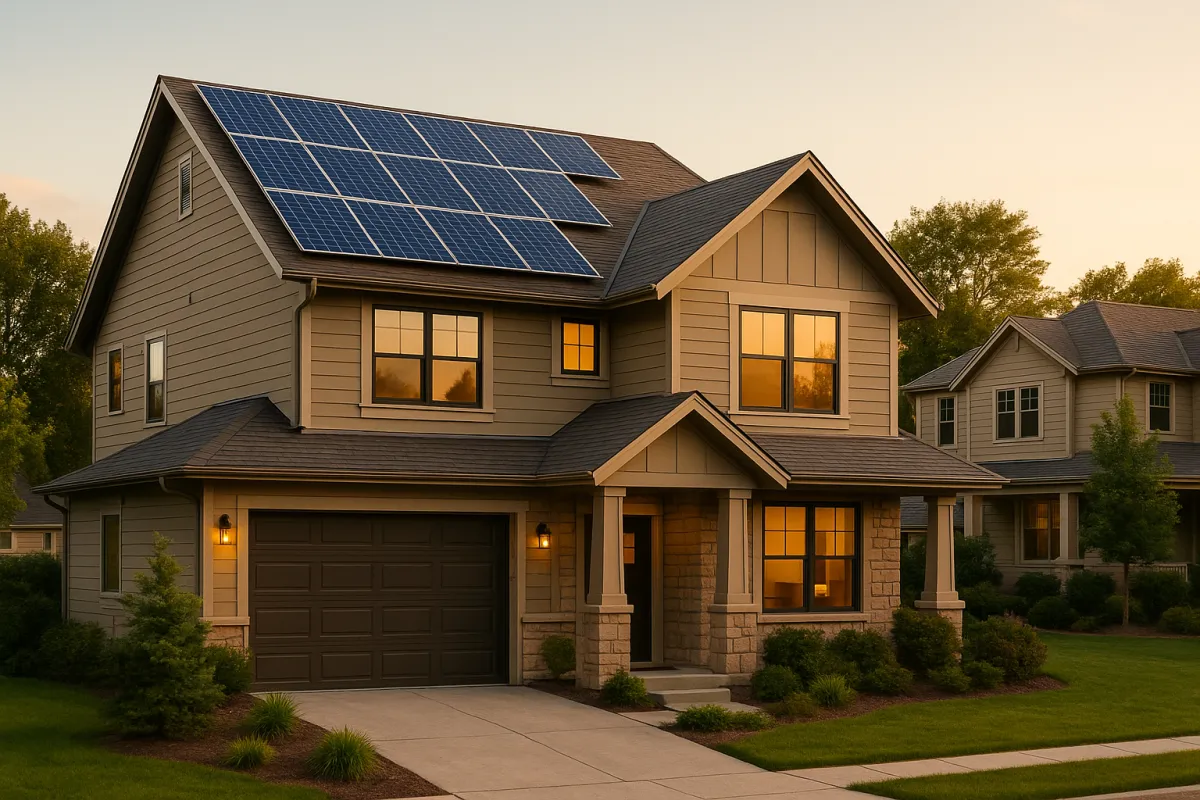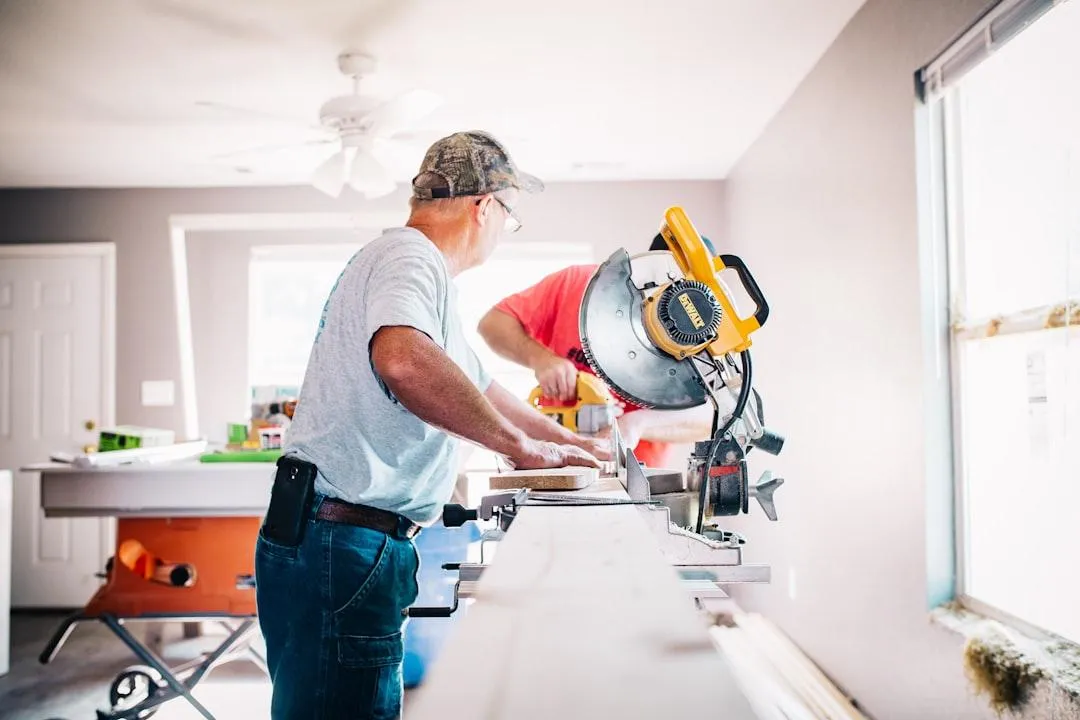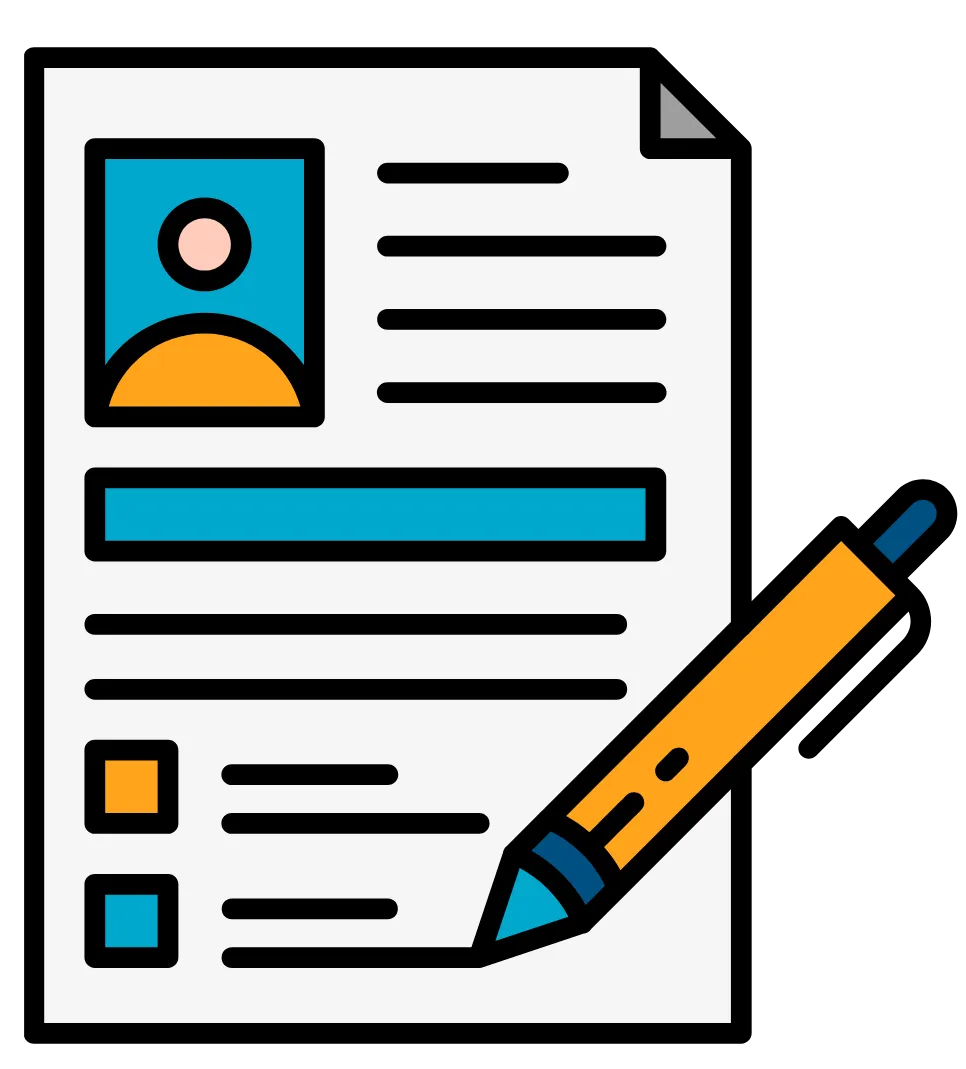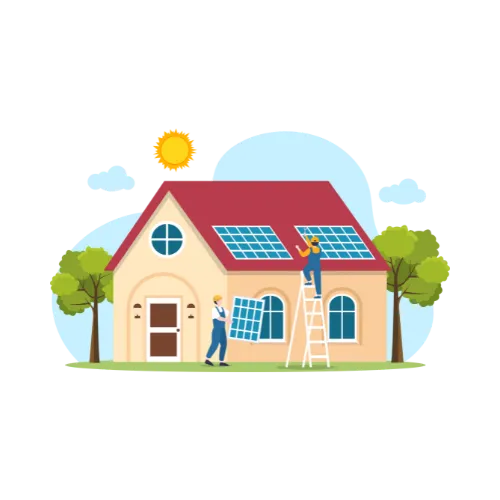Home Loans & Refinancing
Home Financing Simplified!
Buying a home is one of the biggest financial decisions you’ll ever make—we’re here to make it easier. .
Feel Like Mortgages Are Overwhelming?
You're not alone!
Between confusing terms, rate shopping, and unclear next steps, it’s easy to feel stuck.
When it comes to financing your home, you deserve more than just a loan—you deserve a partner.
Meet Our Mortgage Coaches
We're Your Home Loan BFFS

Why Choose PRMI Home?
When it comes to financing your home, you deserve more than just a loan—you deserve a partner.
● Personal guidance from a local team who understands your market.
● Flexible loan options designed to fit every buyer’s situation.
● Clear communication so you never feel lost in the process.
● Fast, smooth closings backed by years of lending experience.
Loan Options that Fit Your Life
Whether you’re buying your first home, upgrading, or refinancing, we’ll help you
find the loan that matches your goals:

Conventional
A classic choice with flexible terms.

FHA Loans
Lower down payments, perfect for first-time buyers.

Lowtility Loan
A unique program that lets you buy your home and roll in solar panels or smart home technology in the same loan, giving you more buying power by reducing utility costs.

VA Loans
Zero down payment options for veterans and service members.

USDA Loans
Affordable financing for rural and suburban areas.

Jumbo Loans
Financing for higher-value homes.

Refinance Options
Lower your rate, consolidate debt, or access equity.
👉 Not sure which loan is right for you? Our team will walk you through the options and find the best fit.
The Lowtility Advantage
Most lenders only look at your mortgage payment (PITI). But real life includes utilities. With a Lowtility Loan, you can replace your monthly utility costs with buying power—without increasing your budget.
That means you may qualify for more home or smarter upgrades by rolling solar and efficiency improvements into your mortgage.
💡 Imagine buying your home and reducing your utility bills at the same time. That’s the power of Lowtility.
Here's How It Works:

Step 1
Talk With
An Expert
Your loan officer is your partner throughout this entire journey. They'll answer any of your questions at any time. Their goal is to help you feel confident about your decision from the application all the way to the closing table.

Step 2
Fill Out an Application
The application gives our team more background into your current situation, goals, and helps them come up with a game plan to get you started!

Step 3
Explore Your Options
This is when you'll start to submit all of the formal paper work like pay stubs, taxes, and other important financial documents that our underwriters will need to write up your loan. You'll be in contact with both a loan officer and one of our in house underwriters!

Step 3
Close with Confidence
You've done it! You've completed the loan process and now you're so much closer to your goals! All you have to do is sign the dotted line and it's official!
Real Clients. Real Results.
Listen to what over 2,000 of our happy customers had to say about saving thousands of dollars on their financing.
Meet the Experts Behind the Mortgage Magic
PRMI Home is part of Primary Residential Mortgage, Inc., a nationally recognized lender that has served families across the country with over $100 billion in home loans. As your local branch, we bring the best of both worlds: the resources of a national lender and the personalized care of a hometown team.
Our mission is simple—make the mortgage process clear, approachable, and tailored to you.

Ready to Find Your Home?
Whether you’re buying your first home, refinancing, or exploring the Lowtility upgrade, PRMI Home is here to make the process stress-free and straightforward.

Mortgage Know-How, Simplified.

Are You Shopping How You Power Your Home
Are You Shopping How You Power Your Home?
Most people carefully shop for their mortgage rate, their car loan, even their cell phone plan. But very few ever stop to ask: “Am I shopping how I power my home?”
With electricity costs rising, solar financing options everywhere, and new ways to combine energy upgrades with your mortgage, the way you “buy power” matters more than ever. Let’s explore the three main ways homeowners can do it — and the pros and cons of each.
1. Buying Power From a Utility Company (The Traditional Way)
For most homeowners, the utility company has always been the default. Flip a switch, pay the bill. Simple. But the future may not be as simple as the past.
Pros:
No upfront cost — you just pay as you go.
The grid is reliable and always on.
No equipment or maintenance to worry about.
Cons:
Rates are rising. Utilities pass the cost of new infrastructure, fuel, and demand (like AI data centers and EV charging) straight to consumers.
Fixed monthly charges are increasing, even if you use less.
You own nothing. After decades of payments, you still have zero asset value.
Verdict: Buying from the utility keeps the lights on, but it’s the most expensive long-term option — and it gives you no control.
2. Renting Power From a Solar Finance Company (Leases and PPAs)
The sales pitch sounds good: “No money down. Just swap your utility bill for a solar payment.”But what most reps don’t say is that you don’t own the panels — they do.
Pros:
Low or no upfront cost.
Your bill may go down a little in the first few years.
Maintenance is typically handled by the finance company.
Cons:
• Contracts last 20–25 years with escalating payments.
• The finance company usually keeps the 30% federal tax credit.
• Liens or UCC filings can complicate refinancing or resale.
• Appraisers don’t add value for leased solar — so your home doesn’t benefit.
• If you sell, buyers must qualify and the solar company must approve the transfer — and many walk away.
Verdict: Renting power from a solar finance company can feel like relief at first, but over time it often costs more and reduces flexibility when you want to refinance or sell.
3. Owning Your Power (Rolling Solar Into Your Mortgage With Lowtility)
This is the “new way” of thinking about homeownership — treat your power source as part of your home, not a separate rental contract. By financing solar (and even storage) through your mortgage, you’re essentially turning your house into its own mini power plant.
Pros:
You own the system — which means you keep the 30% federal tax credit.
Utility savings offset the added mortgage cost. In many cases, the bill goes down more than the payment goes up.
Adds value to your home at resale (owned solar is seen as an asset).
No second liens, no solar lease red tape.
Eligible for down payment assistance (like Lowtility’s Grid to Green program), which converts wasted dealer fees into grants for buyers.
Cons:
There’s an upfront investment — but by rolling it into your mortgage, you spread it over 30 years at the lowest interest rate available.
Requires planning at the time of purchase or refinance.
Verdict: Owning your power through your mortgage is the closest thing to being your own utility. You capture the savings, the equity, and the flexibility.
The Big Question: How Do You Want to Power Your Life?
The way we power our homes is no longer just about the light bill. It powers your lifestyle, your work, and even your transportation as EVs become more common.
So ask yourself:
Do you want to buy power forever from a monopoly utility?
Do you want to rent panels from a finance company and give away your tax credits?
Or do you want to own your own micro-utility, build wealth, and keep control?
With Lowtility, homeowners can choose the third option — turning their home into a wealth-building asset that powers itself.
🔍 Want to Learn More?
We’ll help you understand your solar + mortgage options and see if a Lowtility loan is right for you. Let’s find the smartest way to own your energy.
👉 GET A FREE QUOTE TODAY or schedule a free call to explore your options.
Frequently Asked Questions
There's no such thing as a bad question!
What are the different types of home loans available?
There are several types of home loans available, including conventional loans, FHA loans, VA loans, and USDA loans. Each has its own eligibility criteria, down payment requirements, and benefits. We can discuss which option best suits your needs during our consultation.
What is the difference between pre-qualification and pre-approval?
Pre-qualification is an initial assessment of your financial situation to estimate how much you may be able to borrow. Pre-approval, on the other hand, involves a more thorough review of your finances by a lender, including verification of income, assets, and credit history. Pre-approval gives you a more accurate idea of the loan amount you qualify for and strengthens your offer when making an offer on a home.
How much of a down payment do I need to buy a home?
The down payment requirement varies depending on the type of loan you choose and your financial situation. Conventional loans typically require a down payment of 3% to 20% of the home's purchase price, while FHA loans may require as little as 3.5% down. VA loans and USDA loans offer 100% financing options for eligible borrowers. We can explore the options available to you based on your circumstances.
What is the difference between a fixed-rate and adjustable-rate mortgage (ARM)?
A fixed-rate mortgage has a constant interest rate and monthly payment throughout the life of the loan, providing predictability and stability. An adjustable-rate mortgage (ARM) has an interest rate that may change periodically based on market conditions, which can result in fluctuating monthly payments. We can discuss which type of mortgage aligns best with your financial goals and risk tolerance.
How long does the homebuying process typically take?
The homebuying process can vary depending on various factors such as market conditions, the complexity of the transaction, and individual circumstances. On average, it takes about 30 to 45 days to close on a home after the purchase agreement is signed. However, it's essential to be prepared for potential delays and work closely with your lender and real estate agent to navigate the process smoothly.
What documents do I need to apply for a home loan?
The documentation required for a home loan application typically includes proof of income (such as pay stubs or tax returns), asset statements (such as bank statements), employment verification, identification (such as a driver's license or passport), and information about any debts you owe. We'll guide you through the documentation process and help ensure you have everything you need for a smooth application process.
Ready to Make Your Move?
We're here to help you every step of the way. Let's find the best path forward.
Menu
Home
Products
Team
Blog
Our Process
About
Contact
© 2025 Primary Residential Mortgage, Inc. All Rights Reserved.
by Primary Residential Mortgage, Inc. NMLS#: 919520 Utah DRE Mortgage Office License # 8335595. MLO 0117736. MC3094-122. All loans subject to credit and property approval. PRMI NMLS 3094. PRMI is an Equal Housing Lender. Some products and services may not be available in all states. Credit and collateral are subject to approval. Terms and conditions apply. This is not a commitment to lend. Programs, rates, terms and conditions are subject to change without notice. Privacy Notice: By submitting your information via our website forms, you are opting in to receive communications from PRMIHome.com. This includes but is not limited to Email and SMS communications. We value your privacy and assure you that your information will be handled with care. You may opt-out of these communications at any time by contacting us or using the unsubscribe link in our messages.


